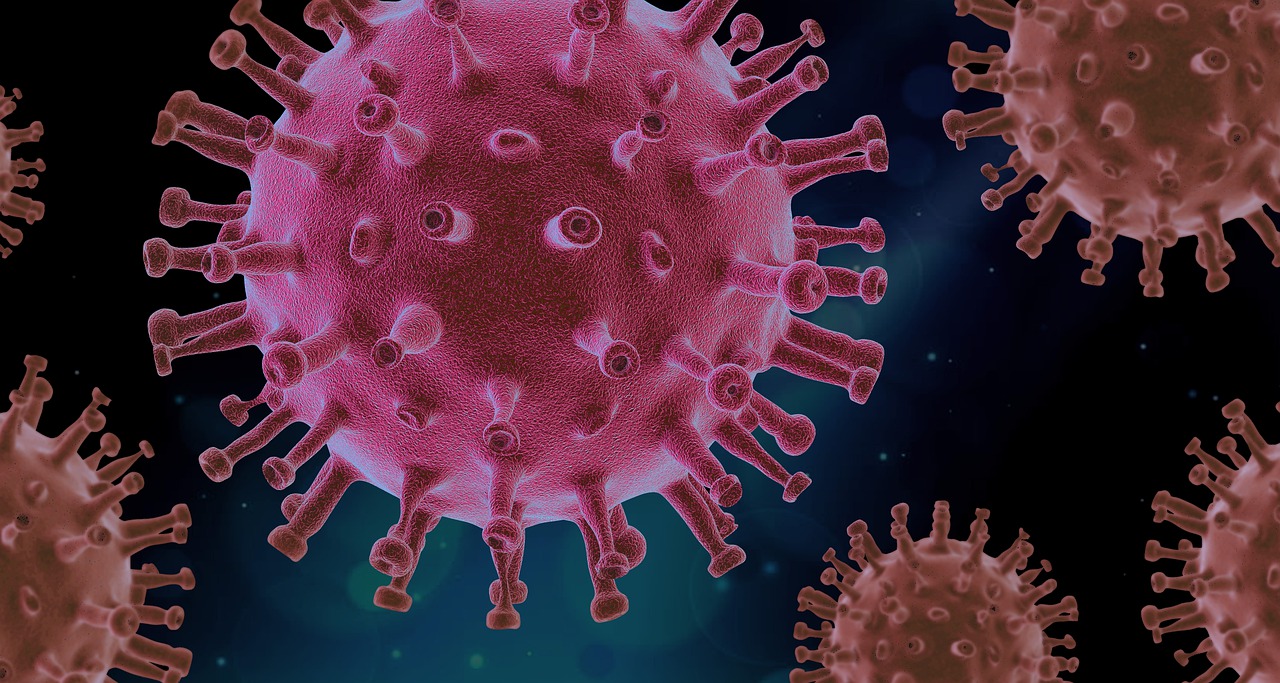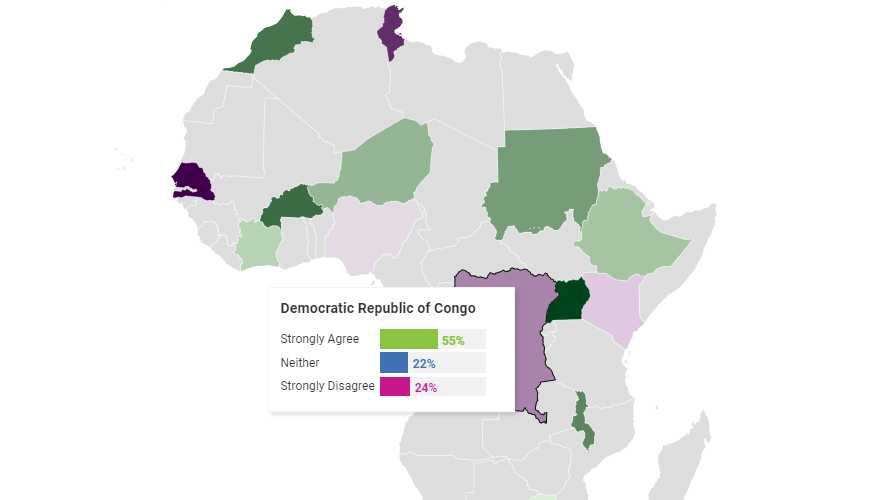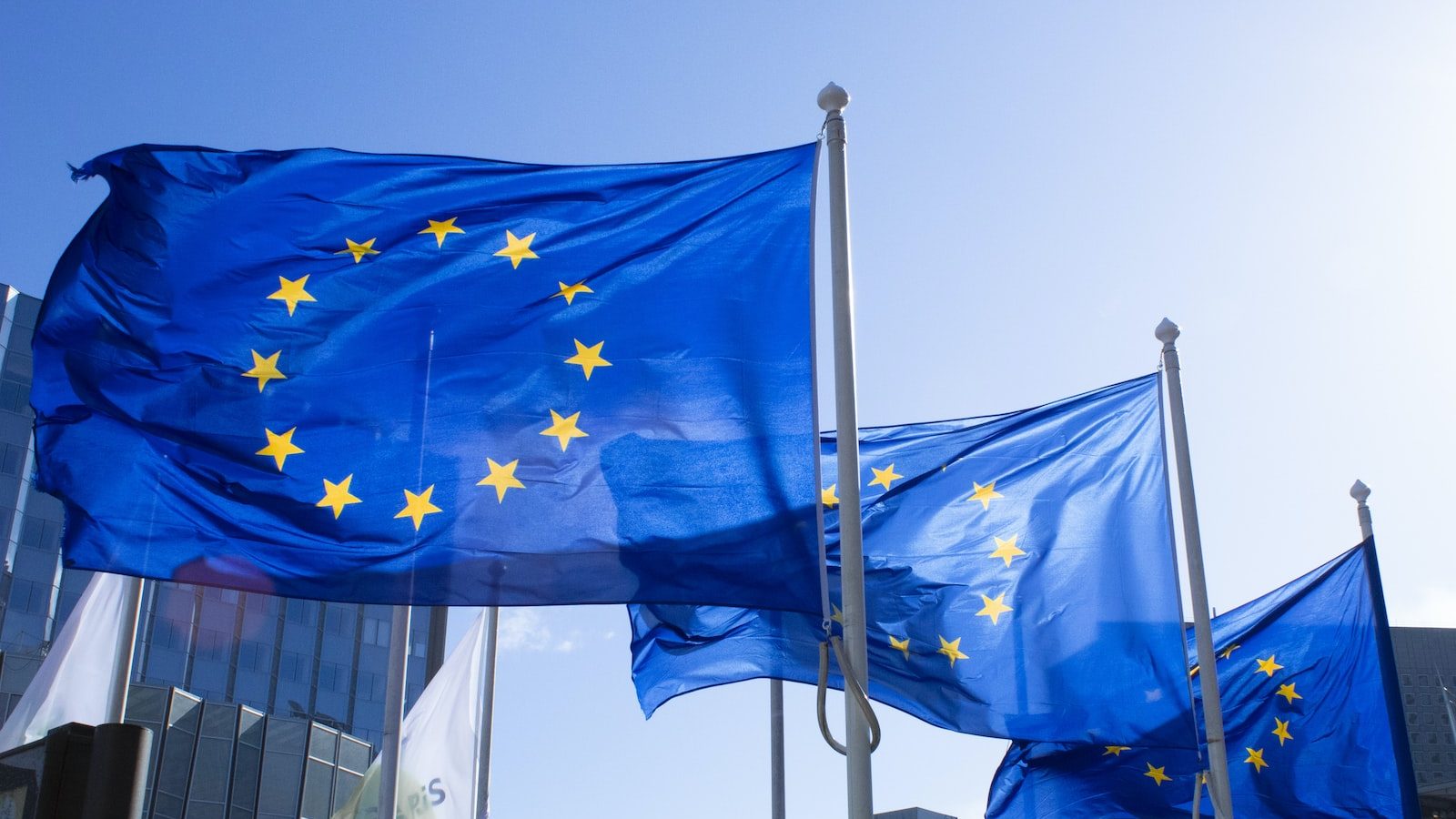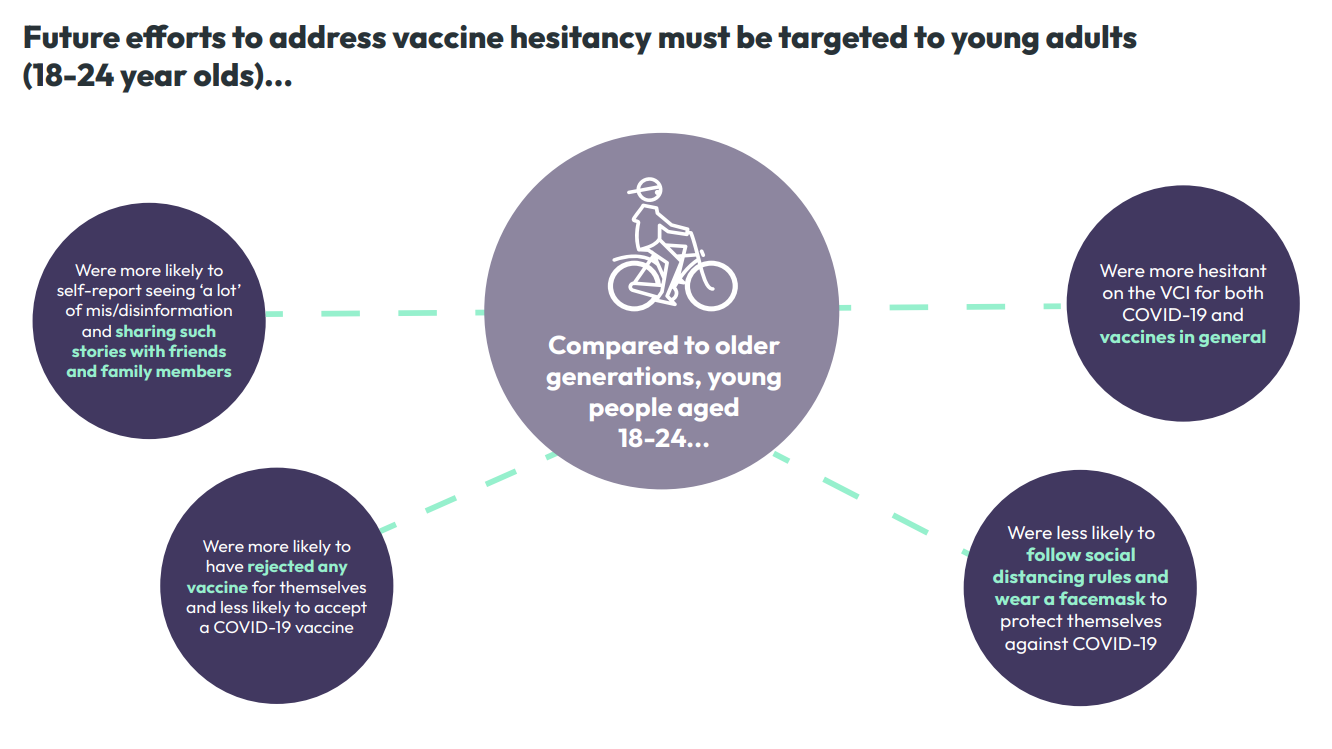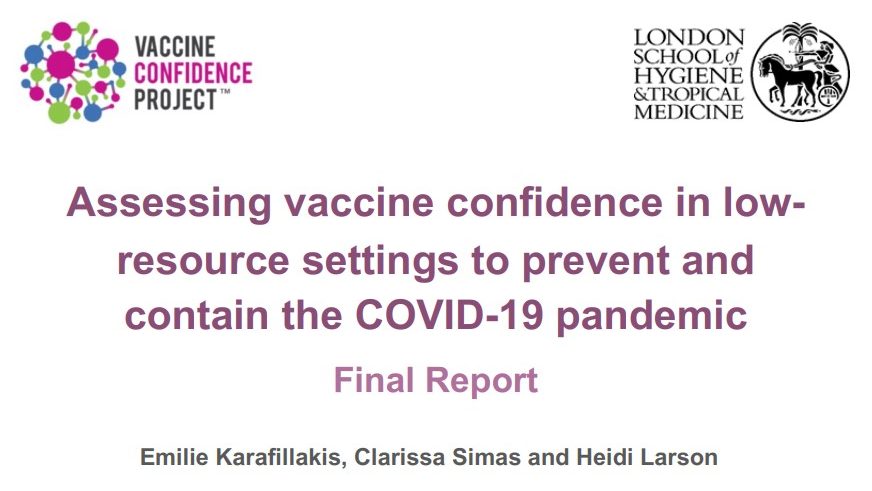Current WHO/UNICEF estimates of routine childhood immunization coverage reveal the largest sustained decline in uptake in three decades with pronounced setbacks across Africa. Although the COVID-19 pandemic has induced significant supply and delivery disruptions, the impact of the pandemic on vaccine is less understood. We here examine trends in vaccine confidence across eight sub-Saharan countries between 2020 and 2022 via a total of 17,187 individual interviews, conducted via a multi-stage probability sampling approach and cross-sectional design and evaluated using Bayesian methods. Multilevel regression combined with poststratification weighting using local demographic information yields national and sub-national estimates of vaccine confidence in 2020 and 2022 as well as its socio-demographic associations.
We identify declines in perceptions toward the importance of vaccines for children across all eight countries, with mixed trends in perceptions toward vaccine safety and effectiveness. We find that COVID-19 vaccines are perceived to be less important and safe in 2022 than in 2020 in six of the eight countries, with the only increases in COVID-19 vaccine confidence detected in Ivory Coast. There are substantial declines in vaccine confidence in the Democratic Republic of Congo and South Africa, notably in Eastern Cape, KwaZulu-Natal, Limpopo, and Northern Cape (South Africa) and Bandundu, Maniema, Kasaï-Oriental, Kongo-Central, and Sud-Kivu (DRC).
While over 60-year-olds in 2022 have higher vaccine confidence in vaccines generally than younger age groups, we do not detect other individual-level socio-demographic associations with vaccine confidence at the sample sizes studied, including sex, age, education, employment status, and religious affiliation. Understanding the role of the COVID-19 pandemic and associated policies on wider vaccine confidence can inform post-COVID vaccination strategies and help rebuild immunization system resilience.
